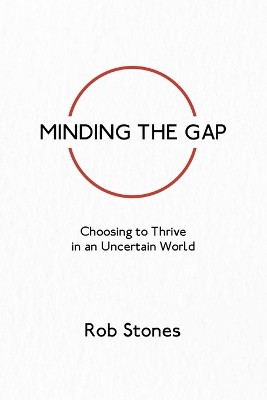Description
This book brings together perspectives on predictive processing and expected experience. It features contributions from an interdisciplinary group of authors specializing in philosophy, psychology, cognitive science, and neuroscience.
Predictive processing, or predictive coding, is the theory that the brain constantly minimizes the error of its predictions based on the sensory input it receives from the world. This process of prediction error minimization has numerous implications for different forms of conscious and perceptual experience. The chapters in this volume explore these implications and various phenomena related to them. The contributors tackle issues related to precision estimation, sensory prediction, probabilistic perception, and attention, as well as the role predictive processing plays in emotion, action, psychotic experience, anosognosia, and gut complex.
Expected Experiences will be of interest to scholars and advanced students in philosophy, psychology, and cognitive science working on issues related to predictive processing and coding.
About the Author
Tony Cheng is the Director of Center for Phenomenology at NCCU, Taiwan, and is also affiliated to Department of Philosophy/Research Center for Mind, Brain and Learning at the same university. He obtained Ph.D. in Philosophy from University College London with the dissertation Sense, Space, and Self. His research topics include perception, the senses, attention, self-awareness, spatio-temporal representations, metacognition, cognitive development, and animal minds. He has published several theoretical papers, mostly single-authored, and several empirical papers, primarily with Patrick Haggard's Action and Body Lab at UCL and Brown Hsieh's Brain and Consciousness Lab at NTU. He just published a book entitled John McDowell on Worldly Subjectivity: Oxford Kantianism Meets Phenomenology and Cognitive Sciences and is working on another book Transcendental Epistemology.
Ryoji Sato is currently an Associate Professor at University Education Center, Tokyo Metropolitan University. Before that, he taught at Nagoya University of Foreign Studies and the University of Tokyo. He earned his Ph.D. in Philosophy from Monash University. He works broadly in philosophy of mind and specifically in the predictive processing framework.
Jakob Hohwy is the Director of the Monash Centre for Consciousness and Contemplative Studies, M3CS, which conducts philosophical, neuroscientific, and psychological research in consciousness and contemplative science. He conducts interdisciplinary research in the areas of philosophy, psychology, and neuroscience. In M3CS and in his Cognition and Philosophy Lab, they study the science of consciousness, theoretical neurobiology, decision-making and rationality, and psychiatry and neurobiology. He collaborates with neuroscientists and psychologists from Monash University and around the world.
Book Information
ISBN 9780367535476
Author Tony Cheng
Format Hardback
Page Count 298
Imprint Routledge
Publisher Taylor & Francis Ltd
Weight(grams) 739g







